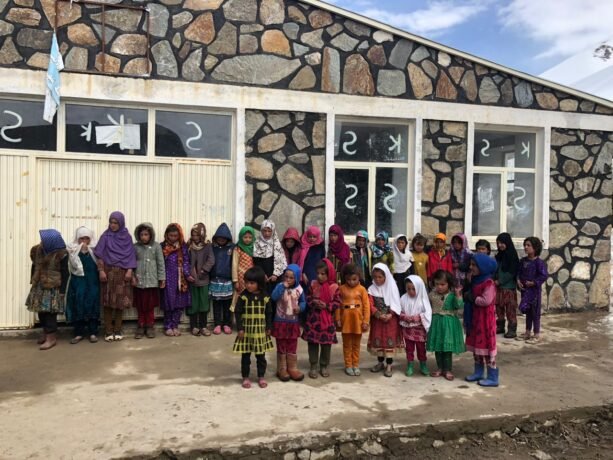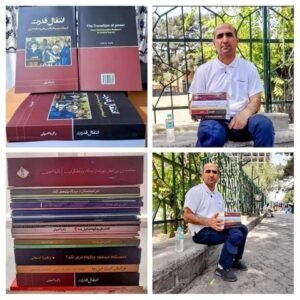
The recent decision by Saudi Arabia to end its diplomatic mission in Afghanistan has raised important questions about the role of diplomacy in international relations, as well as the responsibilities of countries in promoting peace and stability in the world.The Taliban, a militant group that has been active in Afghanistan for many years, is widely regarded as a major source of violence and instability in the region. The group has been responsible for numerous human rights abuses, including the targeting of civilians, the suppression of religious and ethnic minorities, and the use of improvised explosive devices (IEDs) to cause widespread destruction. In light of these actions, Saudi Arabia made the decision to end its diplomatic mission in Afghanistan, effectively cutting off diplomatic ties with the Taliban.The move by Saudi Arabia represents a significant statement against the Taliban and their violent tactics. It sets a high moral ground for the country, and serves as a clear message to the international community that Saudi Arabia will not tolerate the actions of the Taliban. Additionally, the decision by Saudi Arabia has been interpreted as a symbol of solidarity with the Afghan people, who have suffered greatly as a result of the ongoing conflict in the country.However, the end of the diplomatic mission also raises important questions about the role of diplomacy in promoting peace and stability. Diplomatic engagement is widely regarded as a valuable tool in international relations, as it allows countries to communicate and negotiate with one another in order to resolve conflicts and promote mutual understanding. By ending its diplomatic mission in Afghanistan, Saudi Arabia has effectively foregone one of its most important levers for promoting peace and stability in the region. Despite this, it is hoped that Saudi Arabia will continue to play a key role in supporting Afghanistan and its people. As the “big brothers” of Afghanistan, Saudi Arabia has a responsibility to ensure that the country is able to achieve peace and stability, and that its people are able to live free from violence and oppression. To this end, it is expected that the country will continue to support Afghanistan in a variety of ways, including through aid and development programs, as well as diplomatic and political engagement. In conclusion, the recent decision by Saudi Arabia to end its diplomatic mission in Afghanistan represents a significant moment in the country’s political landscape. While the end of the diplomatic mission raises important questions about the role of diplomacy in promoting peace and stability, it is hoped that Saudi Arabia will continue to play a key role in supporting Afghanistan and its people. Through its actions, the country has set a high moral ground for itself, and has taken a clear stance against the Taliban and their violent tactics.


